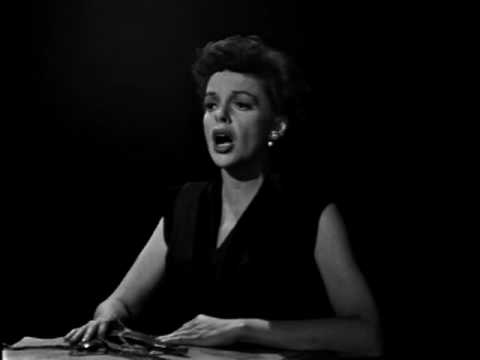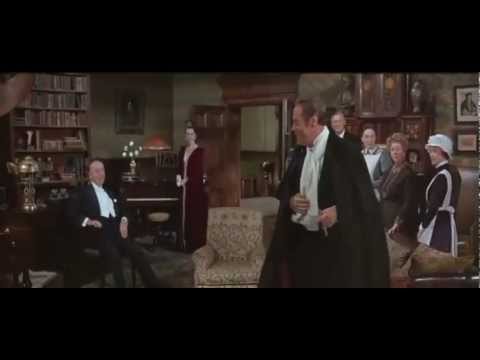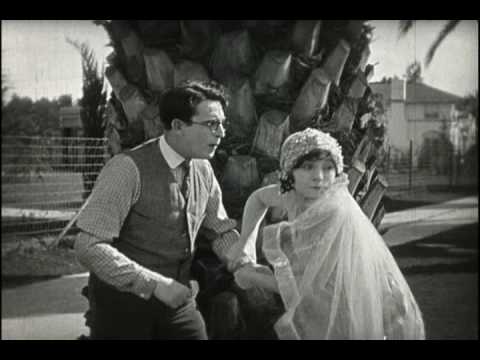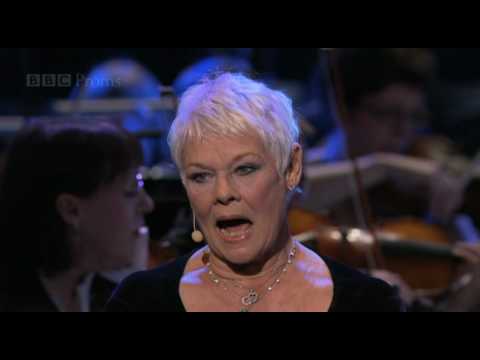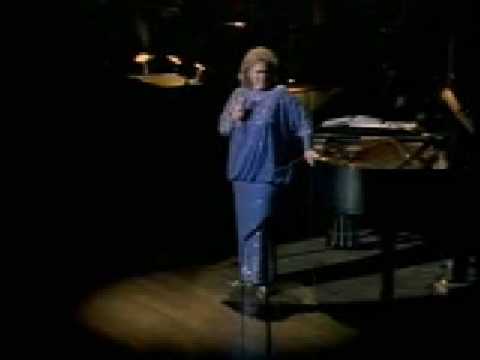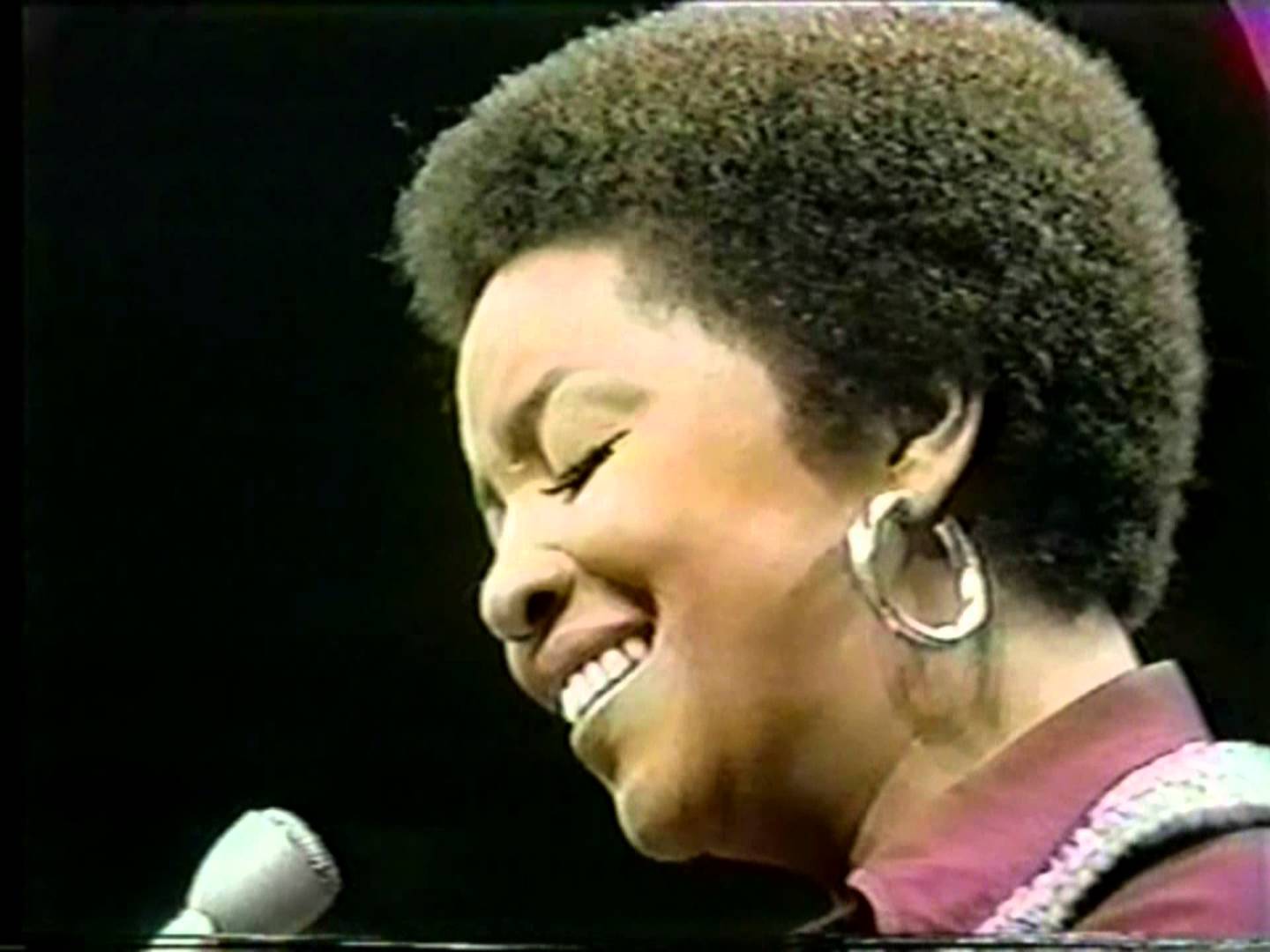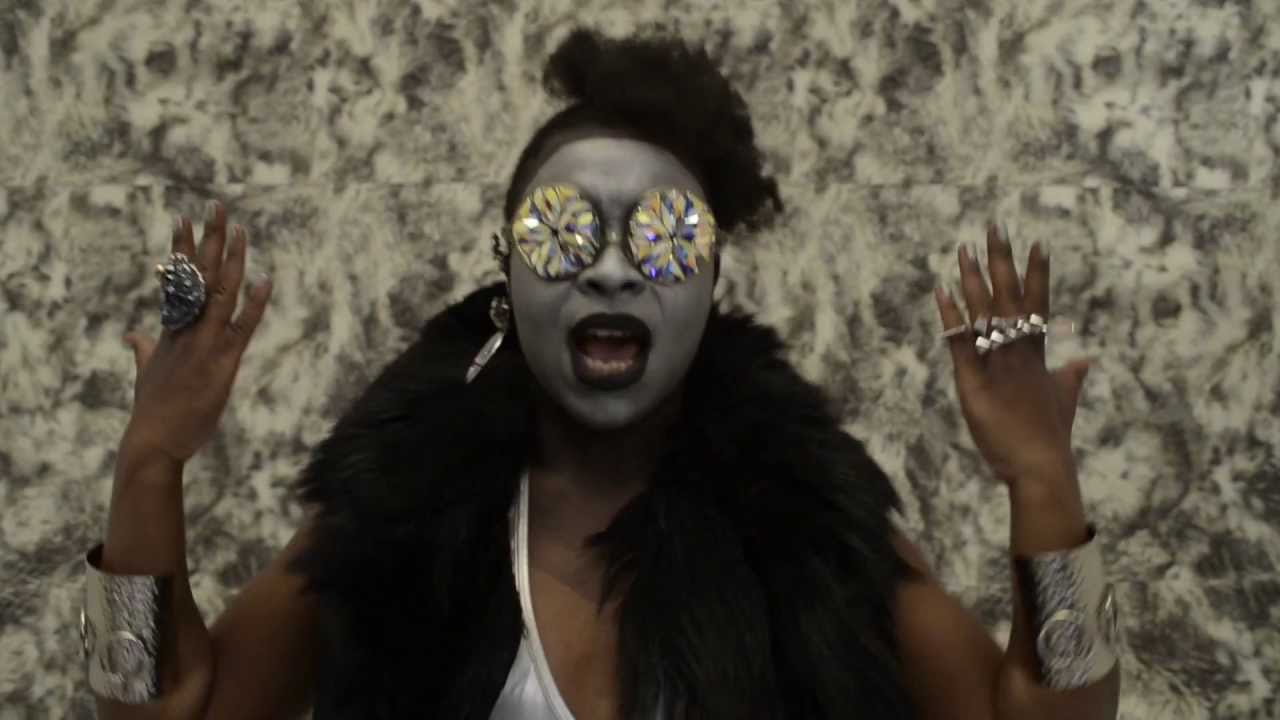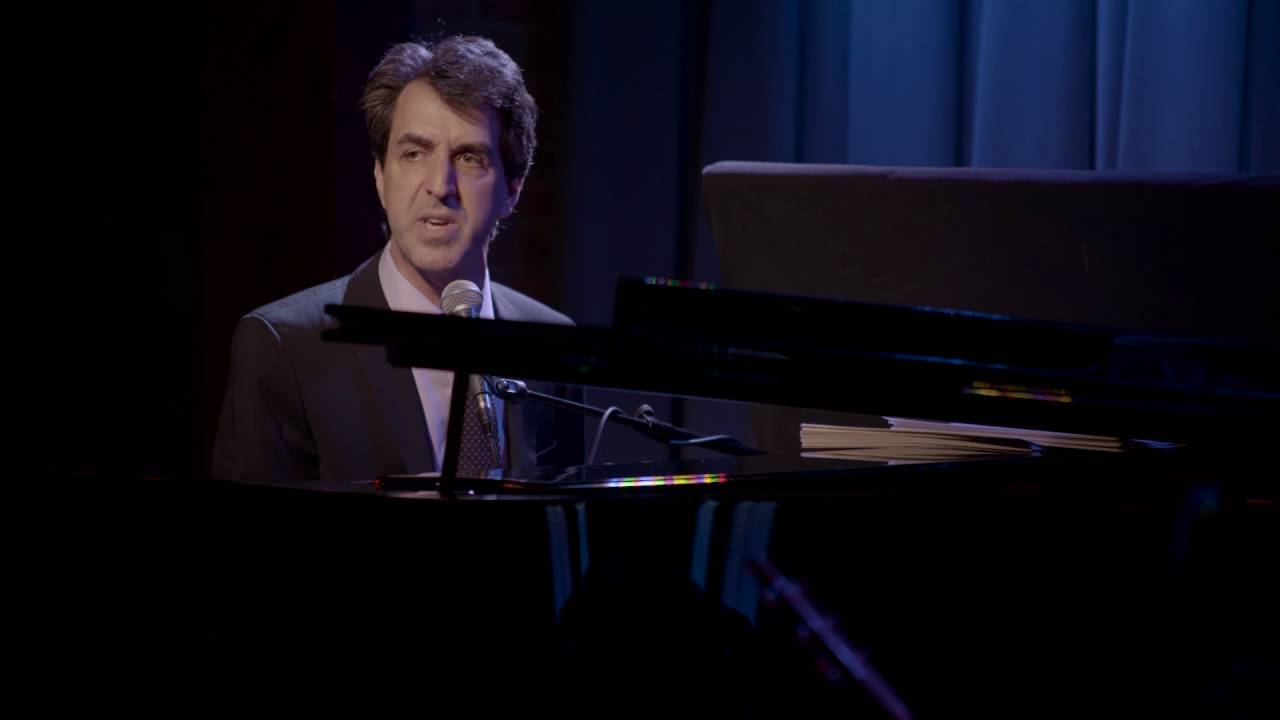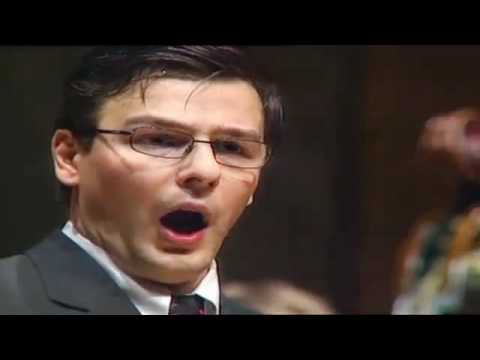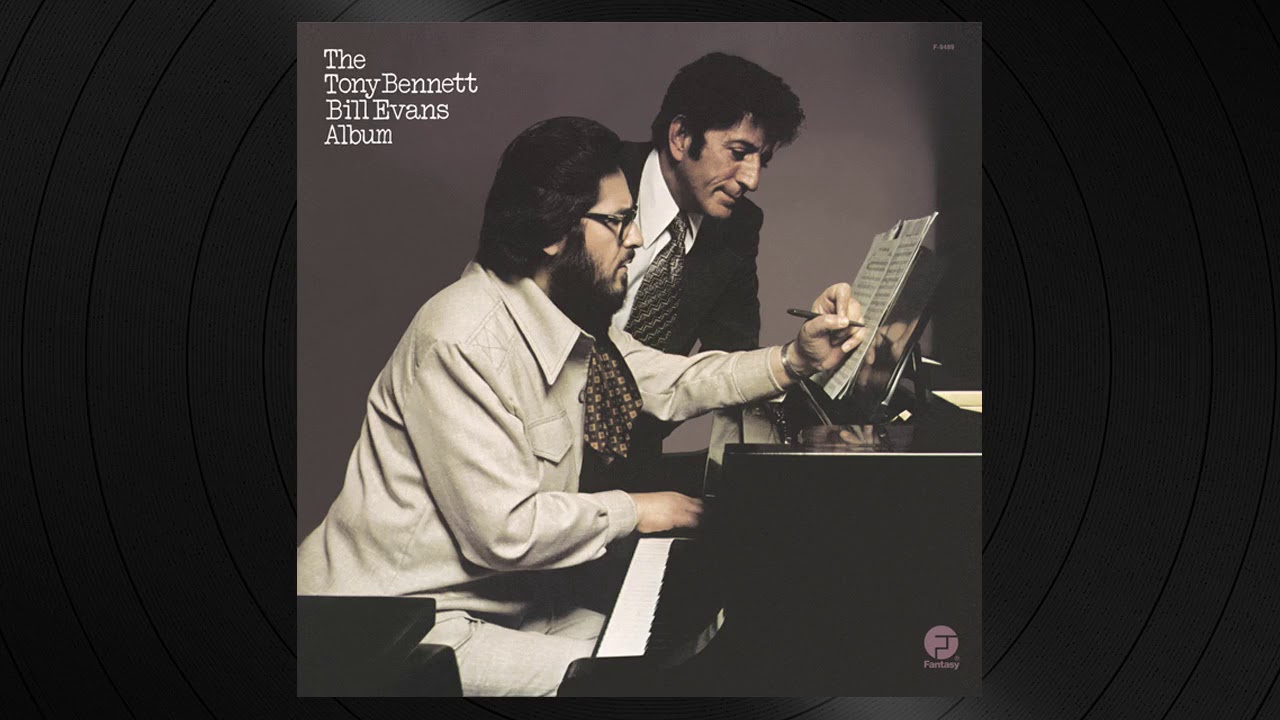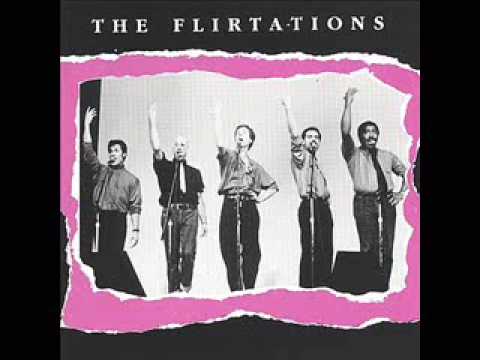Alan Jay Lerner and Burton Lane: Too Late Now
Today’s song is one of my favorite ballads. It’s from the 1951 movie musical Royal Wedding, which is not a great film. Lerner later said his own contributions made him cringe. But a score that has “Too Late Now,” “You’re All the World to Me” (to which Fred Astaire danced on the ceiling!) and the audacious “How Could You Believe Me When I Said I Love You, When You Know I’ve Been a Liar All My Life” is not chopped liver.
Lerner and Loewe: You Did It
If Alan Jay Lerner wrote nothing except My Fair Lady, he would have justly earned his place in Broadway’s pantheon. It was a magnificent artistic achievement and an enormous popular success – smashing all box office records. Among his other beloved Broadway and Hollywood musicals are Brigadoon, Gigi and Camelot, each giving decades of pleasure to audiences and performers.
Alan Jay Lerner and Frederick Loewe: I Could Have Danced All Night
Perhaps you’ve heard that 2018 is the centennial year of a major musical theatre writer. But did you know that Leonard Bernstein was not the only Broadway legend born in August 1918? This week I invite you to celebrate lyricist, librettist and screenwriter Alan Jay Lerner.
Stephen Sondheim: Could I Leave You?
This is absolutely my favorite musical theater lyric of all time. Every...
Adam Gwon: I’ll Be Here
Earlier this week, I expressed my love for a repeated lyric that evolves throughout a song and takes on new meanings. One of my favorite examples of this is “I’ll Be Here” from Adam Gwon’s musical Ordinary Days.
Ivor Novello / Dion Titheradge: And Her Mother Came, Too
The theme of the day is ‘puns.’ Good puns in song lyrics are certainly on the decline
since the first half of the 20th century and it’s a shame! “And Her Mother Came, Too”
was first performed in A-Z, a 1921 British Musical Revue.
Stephen Sondheim: Send in the Clowns
One magic trick performed by great musical theater lyricists I find particularly impressive is when a repeating lyrical hook, often found in the title, evolves throughout a song and takes on new meanings. Rather than just the usual redundant repetition, the same phrase progresses based off the goings-on of the verse, and it continues to shed light on a situation. I am always awestruck when a musical theater writer reaches this level of lyrical complexity. Usually an actor is left to come up with his or her own intention for each repeated lyric; in this case, the lyricist has made his intents obvious and draws a clear arch for the actor.
Derek Gregor and Sam Carner: Savin’ It
Words mean more to me than just about anything. I’m always researching some piece of text, either for work or pleasure. So it seemed natural for me to focus on lyrics as I make my contributions to The Song of the Day. I’ve dedicated much of my time in NYC to the development of new musicals, and I’ve gotten to know many of the form’s contemporary writers, including Sam Carner and Derek Gregor.
Stephen Sondheim/Barbara Cook: Losing My Mind
I, of course, love Sondheim and this is one of his iconic songs. However, Sondheim (or for that matter any composer, but especially Sondheim) is only as good as the person singing the song and Barbara Cook was the best. I first heard her perform this song at the Café Carlyle and, while I’d seen Follies and heard the song before, I’d never really heard it until then. The song sprung to life right before me.
Mavis Staples: A House is Not a Home
Everybody loves Mavis Staples. She’s an American treasure, best known for providing a soundtrack for the civil rights movement with her family, The Staples Singers, with gospel-tinged classics like “Respect Yourself” and “Freedom Highway.” But today, I want to share my love of her version of a classic song, usually associated with Luther Vandross: “A House is Not a Home.”
Gato Preto: Pirão
I first got a glimpse of the band Gato Preto at WOMEX last year. I was seeing 12 bands a night, from all over the world, and they really stood out—African, edgy, and beyond fierce. I had a friend with me who was translating the lyrics, which were unapologetically calling out government corruption. It was this cool, strong woman—Gata Misteriosa—fronting the band.
Naomi Louisa O’Connell
Irish mezzo-soprano Naomi Louisa O’Connell discusses her preparation process, favorite artists, and how friendly New Yorkers really are as our Artist of the Month. Naomi will join NYFOS in its Mostly Mozart Festival debut on August 8th.
George Frideric Handel: Ombra mai fu
It is incredible how this simple plaintive melody that begins with a note materializing out of nothing, suspended in space, never fails to affect me profoundly. Whenever I hear George Frideric Handel’s aria “Ombra mai fu,” I am transformed. The work exemplifies the enormous power music has to lift and move one’s spirit.
Leonard Bernstein: Some Other Time
The universal appeal of these lyrics and the musical sophistication of this composition attract singers and musicians from many musical genres. The blues-inflected chord changes make it a favorite of jazz musicians, and vocalists are drawn to the emotional truth underlying the clever word play.
Fred Small/The Flirtations: Everything Possible
A few years after I came out in my late twenties when I realized that I was gay, still struggling to understand and find my place in a challenging society, the music of The Flirtations, celebrating gay culture with wit and strength, offered me solace and support, a beacon of hope, and a call to arms in the battles against AIDS and homophobia.


